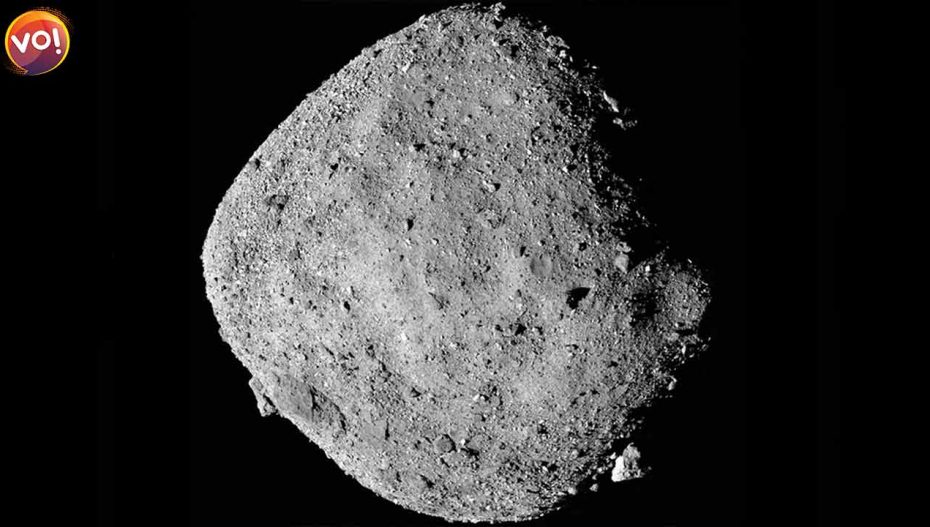Global research teams accepted 40 scientific proposals as all nations lined up to have a chunk of asteroid that hides ingredients for life. Nine countries selected for the research requested 74 samples weighing 230 mg of the total asteroid samples amassed.
Hayabusa II, a Japanese spacecraft, returned with a sample capsule possessing material gathered from the C-type asteroid Ryugu to Earth in December 2020. Later, Japanese researchers discovered that the samples had 20 amino acids.
Amino acids, also known as the building blocks of life, are the tiniest units of proteins. Moreover, they help in decomposing food and restoring body tissues. Thus, these sources of energy are essential for the body.
Scientists have detected amino acids in previous asteroids that landed on Earth. However, they could not quantify the acids because as the asteroid enters the Earth’s atmosphere, it burns and creates plasma. Thus, they lose a significant amount of amino acids.
However, the current discovery of 20 amino acids in the asteroid indicated the presence of organic material in these remains from the solar system creation.
Afterward, Japan invited research teams to submit a proposal requesting asteroid grains from the sample. They planned the analysis for April 22, 2022. Furthermore, the Ryugu Sample Research Open Call Committee examined the submissions from 12 countries and selected 40 proposals. Later, the Hayabusa II Sample Allocation Committee approved them on June 13, 2022.
Read More: Social Calendar: Events And Workshops Near You This Week











